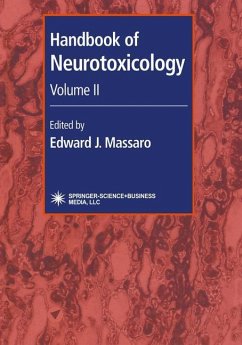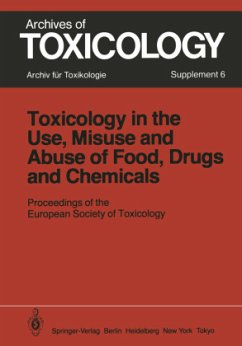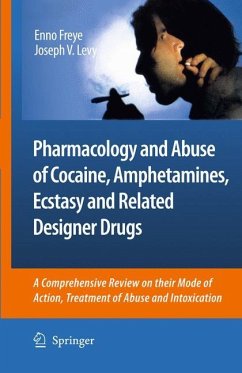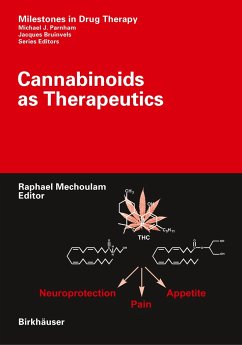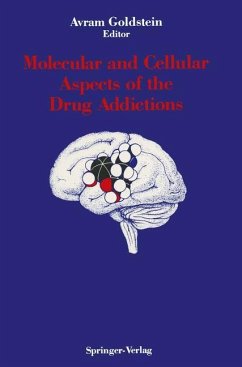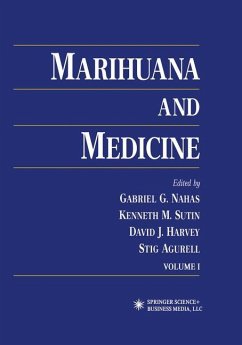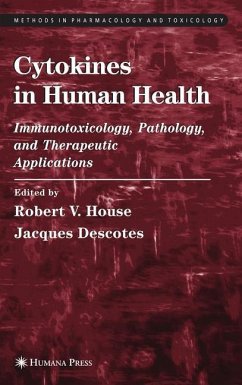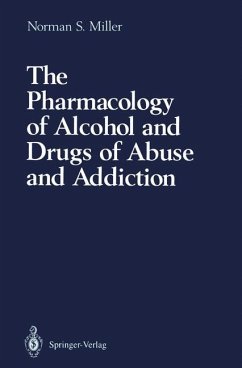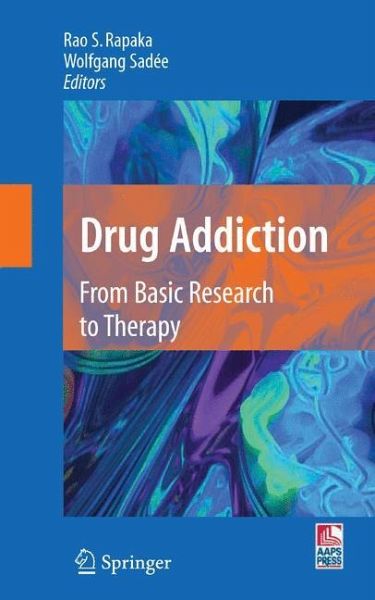
Drug Addiction
From Basic Research to Therapy
Herausgegeben: Rapaka, Rao S.; Sadée, Wolfgang

PAYBACK Punkte
83 °P sammeln!
Drug Addiction: From Basic Research to Therapy provides a comprehensive overview of physiological, biochemical, and genetic pathways underlying drug addiction, and resultant efforts to develop novel treatment strategies dealing with drug addiction and other CNS disorders where the neurophysiological processes overlap, such as treatment of pain. Based on the AAPS-NIDA Frontiers in Science Symposium "Drug Addiction: From Basic Research to Therapies," this volume, representing focuses on the translation of fundamental addiction research to a variety of treatments, bringing together scientists wit...
Drug Addiction: From Basic Research to Therapy provides a comprehensive overview of physiological, biochemical, and genetic pathways underlying drug addiction, and resultant efforts to develop novel treatment strategies dealing with drug addiction and other CNS disorders where the neurophysiological processes overlap, such as treatment of pain. Based on the AAPS-NIDA Frontiers in Science Symposium "Drug Addiction: From Basic Research to Therapies," this volume, representing focuses on the translation of fundamental addiction research to a variety of treatments, bringing together scientists with widely ranging expertise in synthetic and computational chemistry, molecular biology, genetics, and neuroscience with researchers in drug discovery and development, drug targeting, and quantitative therapeutics.




